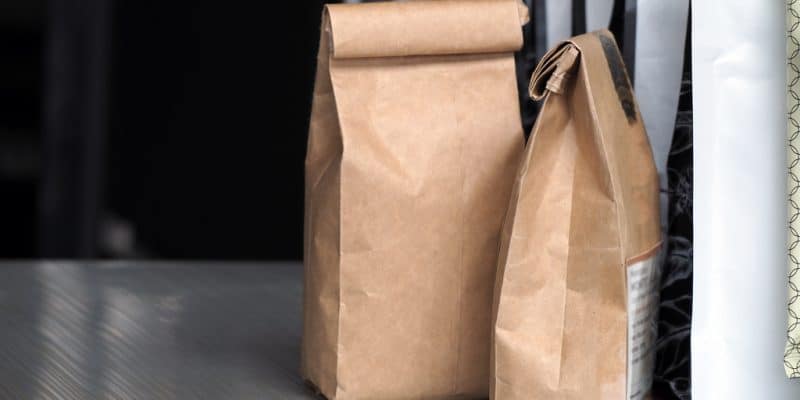It's done, no more plastic bags in Benin. The law prohibiting their manufacture, import, use and sale came into force on Wednesday 27 June 2018 after a six-month transition period.
The law against the use of plastic in Benin was passed unanimously in November 2017 and promulgated in December of the same year. Article 15 of this law provides that “any natural or legal person who uses a non-degradable plastic bag is liable to a fine ranging from five thousand (5000) CFA francs to one hundred thousand (100 000) CFA francs. ”Sanctions are also planned for companies and all actors who would contribute to the expansion of plastic waste in the Beninese environment. Even the “owner of the vehicle over which the plastic bag is thrown is also liable to a fine of five thousand (5000) CFA francs” (Article 16, paragraph 2).
Heloué Bag, plastic is a danger
It is essential to fight plastic; this is the mission of a group of young Beninese, grouped within the collective Sachet Héloué, which wants to help populations to use biodegradable packaging. “The plastic bag clogs the pipes and causes flooding!” Such is the warning issued by the Sachet Héloué Association. The youth group offers alternatives to plastic bags, such as cloth bags, paper bags or baskets. Their main target is Beninese schools. According to Sandra Idossou, one of the co-founders of the movement, it is a well-motivated choice. “In Benin, children eat everything in plastic bags. Some foods that were once wrapped in banana leaves are now wrapped in plastic packaging. ”These reasons motivated the group’s choice, which also raises awareness via social networks.
Jevev offers organic packaging
Jevev, a non-governmental organisation (NGO) chaired by Henri Totin, has chosen to produce and market organic packaging. It produces 200 a day. Located in the Ouémé valley (South-East Benin), this NGO works with about ten volunteers. On a daily basis, these environmental guards collect, clean, sanitise and transform the paper from cement bags into bags. For Henri Totin, “Recycling makes it possible to save raw materials, and therefore to offer a cheaper product to the most precarious traders, such as market and street vendors”. Henri then adds that this alternative was set up to accompany these saleswomen who will be forced to abandon plastic from July 2018.
Benin produces an average of 72,000 tons of plastic waste each year. This makes their management heavier, especially since this garbage takes time to degrade.
Luchelle Feukeng






